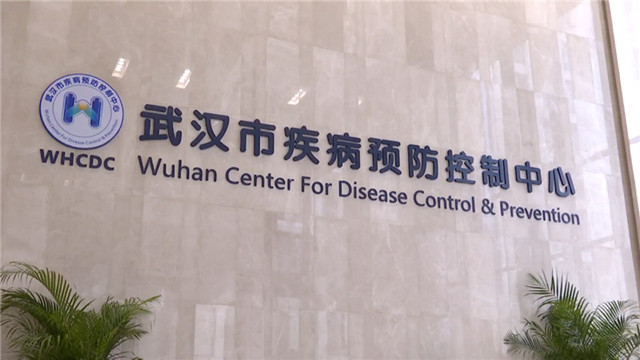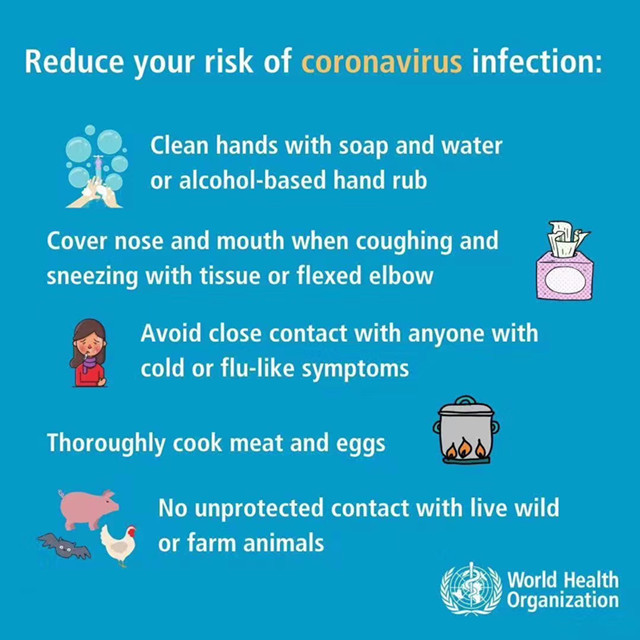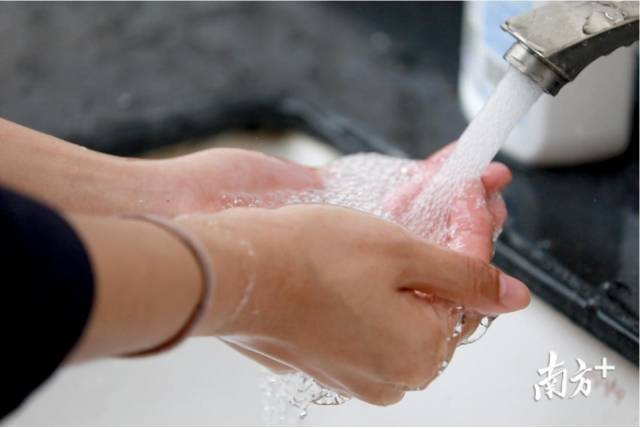
Wuhan Center for Disease Control and Prevention, Wuhan, central China's Hubei Province, Jan. 19, 2020. (Xinhua)
Wuhan confirmed the third death of coronavirus-related pneumonia, while patients infected with the virus were also reported in Beijing and Shenzhen, Xinhua reports.
The central Chinese city of Wuhan, where the case was first discovered, reported 136 new cases between January 18th and 19th, according to a statement from local health authorities early Monday (January 20th).
Among the newly-infected patients in Wuhan, 66 are male and 70 are female. They are aged between 25 and 89, and 36 of them were in severe or critical conditions. One of them died on January 18th, the third death reported in the city.
These patients showed symptoms such as fever, cough, chest distress or dyspnea before January 18th, according to Wuhan Municipal Health Commission.
Three new coronavirus-related pneumonia cases were reported outside Wuhan, two in Beijing and one in Shenzhen, said local health authorities. All the three patients had traveled to Wuhan recently. Another eight new observational cases are being placed under medical observation in Shenzhen and close contacts are being traced.
The patient in Shenzhen is a 66-year-old male who developed symptoms such as fever and fatigue on January 3rd. The Beijing patients are receiving medical treatment in Daxing District. They currently had fever but no respiratory symptoms.

Respiratory diseases such as influenza have higher incidence during both winter and spring, and influenza can cause severe illness or death especially in people at high risk. The Chinese New Year is around the corner, and the traffic peak of the Spring Festival travel rush has already begun, along with frequent passenger movements.
Therefore, it would be prudent to reduce the general risk of acute respiratory infections in daily life. What can I do to protect myself? Standard recommendations to reduce exposure to and transmission of a range of illnesses include maintaining basic hand and respiratory hygiene, and safe food practices and avoiding close contact, when possible, with anyone showing symptoms of respiratory illness such as coughing and sneezing.

Here are some more detailed precautions for you to practice:
1.Wear a surgical face mask
When visiting a crowded place, wear a mask. Masks can be helpful for protecting you from a variety of infectious diseases. However, among the common types of masks, only the surgical face mask (医用外科口罩) and the N95 mask with a respirator (N95口罩) can be effective in protecting you from flu and other respiratory viruses. Please pay special attention that the medical nursing mask (医用护理口罩) is different from the surgical face mask. The right mask you need is the surgical one.
How to wear a surgical mask?
The mask fits snugly over the face. The coloured side of the mask faces outwards, with the metallic strip uppermost. The strings or elastic bands are positioned properly to keep the mask firmly in place. The mask covers the nose, mouth and chin. The metallic strip moulds to the bridge of the nose. A surgical mask should be discarded after use and under no circumstances should it be used for longer than four hours.
2.All should practice cough etiquette!
All people, especially those with symptoms of respiratory infection, should practice cough etiquette in public places! Maintain distance, cover coughs and sneezes with disposable tissues or clothing or elbow (not palms), discard the used tissue into a covered waste bin, and wash hands thoroughly with soap or hand sanitizer as soon as possible.

3.Frequent hand-washing
Frequent hand-washing is one of the best ways to avoid getting sick and spreading illness, especially after direct contact with ill people or their environment.
Always wash your hands before preparing food or eating, inserting or removing contact lenses, and after using the toilet, changing a diaper or cleaning up a child who has used the toilet, touching an animal, animal feed or animal waste, blowing your nose, coughing or sneezing, handling garbage.
Even after you get off public transport means, touch public facilities or go back home from outside, you should wash your hands as soon as possible.
You may wash your hands several times every day, but have you really done it properly? Wash your hands with soap and clean, running water — either warm or cold, for at least 20 seconds. If you don’t want to count, just sing the entire Happy Birthday song.
If you don’t have access to running water right away, you can use hand sanitizer with an alcohol-based formulation instead. We suggest you should prepare some alcohol wipes for rubbing and disinfecting both your hands and cellphone when you are out of home.
4.Avoid close contact with live or dead farm or wild animals
It’s important to avoid close contact with live or dead farm or wild animals if you are unprotected. If you have to deal with poultry or meat, wear a mask and a pair of gloves.
Meat and poultry should be thoroughly cooked, and not pink, and eggs should be hard boiled.
As for the white cut chicken, Guangdong people’s favorite dish during the Chinese New Year, we suggest you don’t eat or eat less, because the chicken is usually not boiled thoroughly to keep it fresh and tender.
5.Ventilate your dwellings every day, avoid going to crowded places
While at home, you should open the windows to ventilate your house for a period of time every day. If it is too cold, you can do it for a short period of time.
Residents, especially young children and the aged, are advised to keep warm and avoid getting a cold.
Try not to go to any crowded places. Avoid close contact with people suffering from respiratory infections.
6.See a doctor immediately if you show these symptoms
With symptoms such as fever, cough or lacking in strength, you should go to see a doctor without delay and avoid close contact with other people.
Before you go out to a hospital, wear a mask. Tell the doctor your symptoms, where you have been, and whether you have close contact with poultry or animals recently.
Family members who have close contact with or dealt with the objects used by the sick one should wash their hands with detergent or sanitizer.
Author | Monica
Editor | Keane
Source | Xinhua & Newsgd.com




